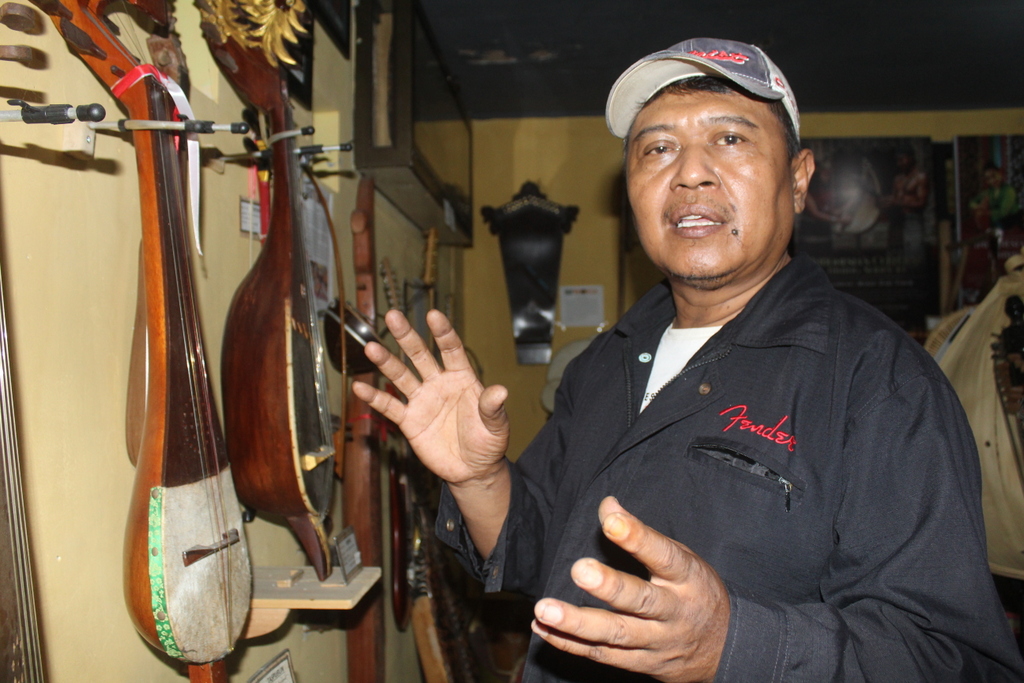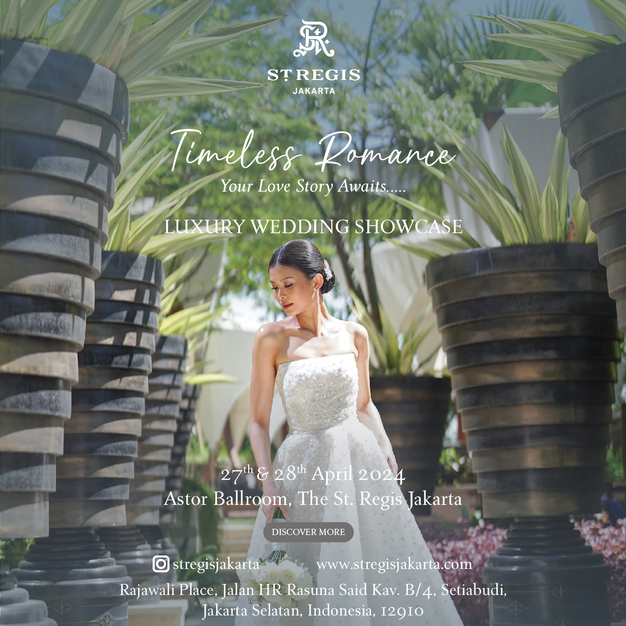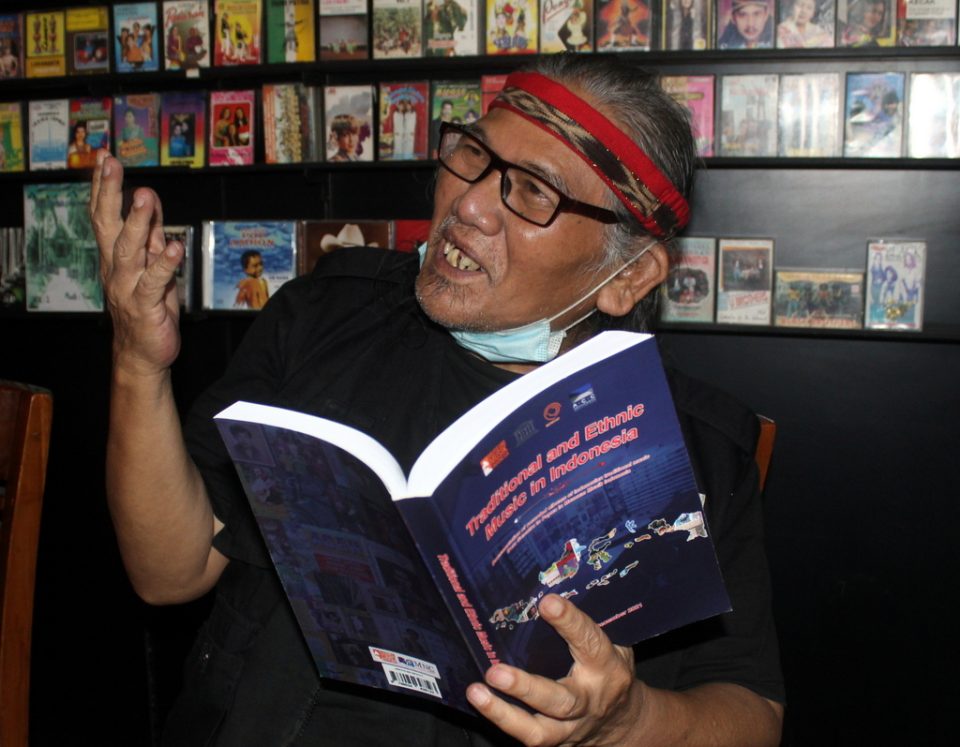Malang can mean “hapless” which is unfortunate as the East Java city is green, cool at 444 metres, rich in history and awash with creative and caring citizens.
Among them is Hengki Herwanto. As a former civil engineer, his legacy includes some of the new toll roads, speeding journeys and unchoking the old clogged and tortuous tracks which made motoring between big cities a misery.
As he dashed down the concrete, a favourite in the CD player was the late John Denver’s Country Roads, Take me Home. Now Hengki is retired, and that place is the Malang Musik Museum, which he helped pioneer.
The genial highwayman is loopy about music, despite being unable to play any instrument, suggesting a frustrated muso, “Maybe. When I hear good music there’s something there that creates a new spirit in me. I love ballads, rock and country – every type has its quality, but I prefer the music of the 70s and 80s.
“I’m still trying to understand gamelan. So much modern music is easily forgotten. Perhaps I’m just a romantic.”
Long before Joko Widodo became president and COVID sounded like the name of a board game, Hengki and a few old music-mad mates set up a library in a large rented house.
It held more than 10,000 donated discs, cassettes, and vinyl records. Some, like their custodians, go back more than half a century. A wall of honour recognised 70 local bands and performers.
As the collection grew space became a problem, so the local City Council offered a floor above an old theatre, part of the Gajayana Art Centre.
‘The UN headquarters is in New York,” he said. “So, we have United Music in Malang with music from every country in the world. Here, anyone can listen and be inspired by the music they’ve never heard before. We care about preserving the past.”
At first, the volunteer organisers dubbed it Galeri Malang Bernyanyi, suggesting a studio because they thought youngsters might be put off by the word
“museum”. But this is a fascinating place, now more appropriately labelled Museum Musik Indonesia.
The title is grandiose and rightly so because the collection includes traditional music from across the archipelago – along with some curious hand-made instruments.
The walls are papered with posters of men with hairy armpits and outrageous make-up, thrusting their crotches and electric guitars. The girls are leggy, though by modern Western standards are more sterile than seductive.
The East Java all-girl pop band Dara Puspita is well featured, wholesome as Disney cartoon princesses. The weirdly un-Javanese named Tikkie, Takkie, Suzy and Lee toured Europe twice in the late 1960s and cut eight albums, 30 years ahead of the Spice Girls.
Though clearly dated the memorabilia is marvellous; though many colours have faded they still carry the enticement of a great night out.
Now the enthusiasts have won international recognition with an Rp120 million (US$8,400) grant from the UNESCO Memory of the World Committee for the Asia Pacific.
The Museum has used the money to help preserve its collection – the humid tropics are unfriendly to vinyl discs and oxide-coated cassette tapes – and publish its catalogue Traditional and Ethnic Music in Indonesia, much of it in English.
 Apart from lists, the book includes info on the artists and their work.
Apart from lists, the book includes info on the artists and their work.
Hengki came from a military family but marched to a different drumbeat from Dad. For a while, he worked as a journalist for the music magazine Aktuil, which collapsed in 1978 after 254 editions.
In those heady days, he followed the British heavy metal rock group Deep Purple and was jumping in his seat at their 1975 Jakarta concert. Rolling Stone magazine reported 150,000 fans, 200 injured, and police with machine guns and Doberman dogs.
But if you’re a collector rather than a top performer, music doesn’t pay the bills. Hengki left a life of screaming kids for the roar of diesel engines. “I went into engineering to help build Indonesia’s infrastructure,” he said.
Music can’t be borrowed from the gallery, though that policy may change. The immediate plan is to digitise the cassettes that are most at risk. Plastic tapes stretch and magnetic oxide coatings flake.
The gallery won’t duplicate and sell recordings. As many supporters are in the music industry, they say they respect copyright. More than 300 individuals have donated their private collections.
There’s a keyboard, recording equipment and electric guitars, including one painted with batik designs. Musicians, including New Zealand gamelan players who toured Java and Bali in July, have dropped in.
Visitors sometimes run clinics for local talent. The gallery holds discussion groups and promotes events.
“Dangdut (a thumping mix of Javanese dance and folk laced with Hindustani and Arabic music) is popular in the regions though not the big cities,” said Hengki.
 “There’s too much Western influence, but we are developing indigenous styles. Instruments like the angklung (bamboo tubes that are struck and shaken) and gamelan are distinctly Indonesian.
“There’s too much Western influence, but we are developing indigenous styles. Instruments like the angklung (bamboo tubes that are struck and shaken) and gamelan are distinctly Indonesian.
“The centre for music in the archipelago used to be Jakarta but is now Ambon (the capital of Maluku province). Most people seem to pick up trends through television promotion. Radio doesn’t feature so much as it does overseas.
“Unfortunately, Indonesia is internationally known for corruption. That’s negative. We want our country to be famous for its music, and we hope our book will help,” he added. Or as Hengki’s hero Virgiawan Listanto aka Iwan Fals, Indonesia’s Bob Dylan, sings: Salam Reformasi




